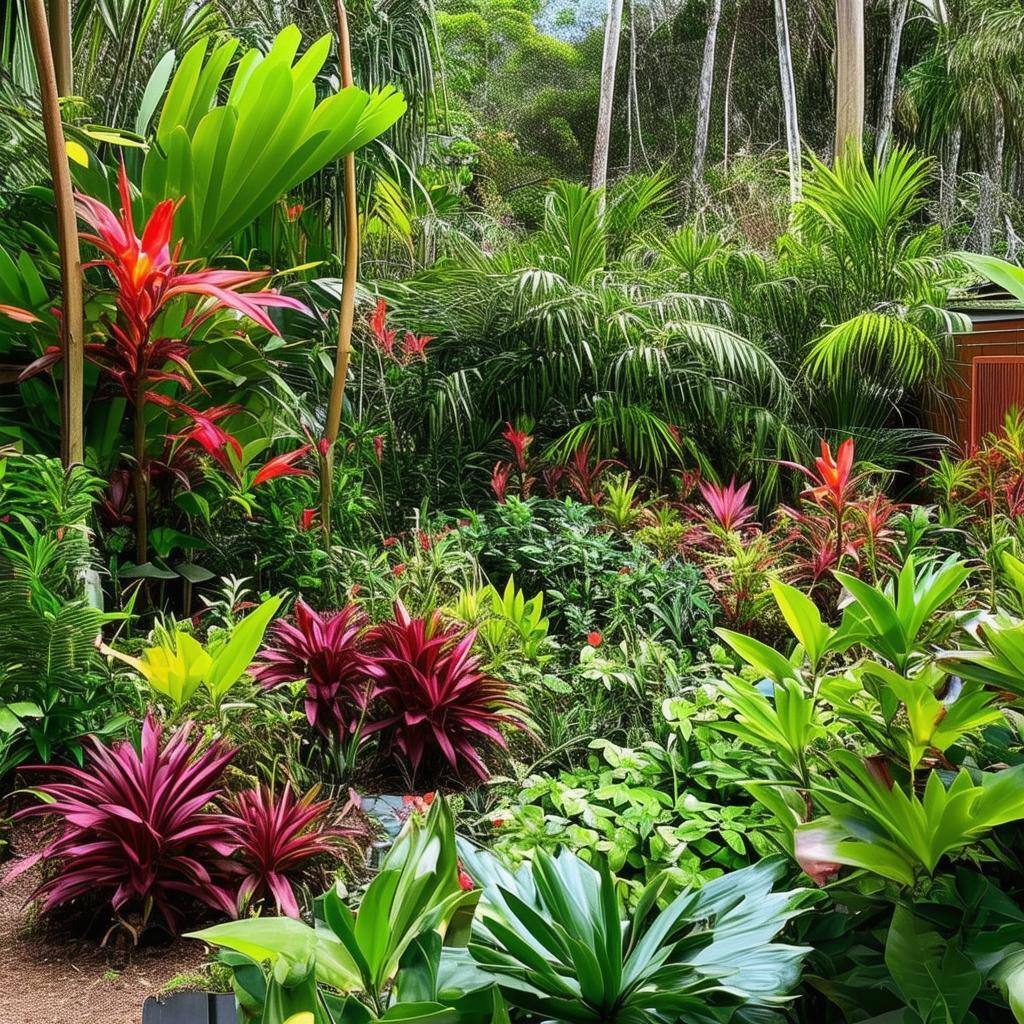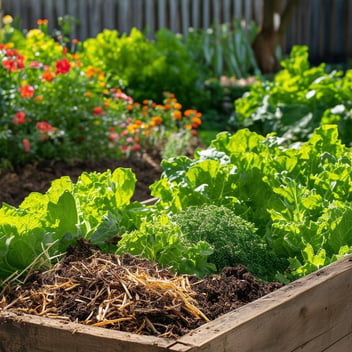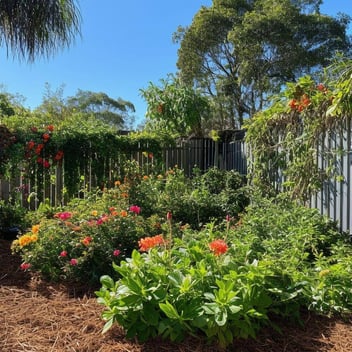How to Choose the Best Annuals for SEQ's Subtropical Climate
Introduction
South East Queensland (SEQ) boasts a lush subtropical climate, offering gardeners a unique canvas to cultivate vibrant and diverse flora. Annual plants, with their fleeting yet spectacular life cycles, infuse gardens with dynamic beauty and seasonal charm. Selecting the right annuals ensures a thriving, resilient garden that mirrors the region's natural splendor.
Understanding SEQ's Subtropical Climate
SEQ's climate is characterized by hot, humid summers and mild, dry winters. This duality necessitates choosing plants that can withstand intense heat and humidity, as well as cooler, drier periods. Seasonal rainfall patterns also play a crucial role, with summer storms providing bursts of moisture, while winter often brings drier conditions. Understanding these climatic nuances is essential for successful annual cultivation.
Criteria for Selecting Annuals in SEQ
When selecting annuals for SEQ gardens, consider the following:
-
Heat and Humidity Tolerance: Plants must endure prolonged high temperatures and humidity levels.
-
Soil Adaptability and Water Requirements: Choose species that thrive in the local soil types and have compatible watering needs.
-
Pest and Disease Resistance: Opt for varieties less susceptible to common regional pests and diseases.
Top Annuals Suited for SEQ's Climate
-
Marigolds (Tagetes spp.): Renowned for their vibrant oranges and yellows, marigolds are hardy and deter certain pests, making them both decorative and functional.
-
Zinnias (Zinnia elegans): These drought-tolerant plants offer a spectrum of colors and flourish in the summer sun, providing continuous blooms.
-
Salvias (Salvia spp.): With their heat resilience and nectar-rich flowers, salvias attract pollinators and add vertical interest to gardens.
-
Cosmos (Cosmos bipinnatus): Featuring delicate, airy foliage and daisy-like flowers, cosmos thrive in poor soils and bloom profusely.
-
Sunflowers (Helianthus annuus): Their towering presence and sun-loving nature make sunflowers a striking addition, offering seeds for wildlife.
-
Petunias (Petunia × atkinsiana): Versatile and prolific, petunias adapt well to various settings, providing cascades of color.
-
Impatiens (Impatiens walleriana): Ideal for shaded areas, impatiens deliver vibrant blooms and are well-suited for cooler garden spots.
Planting and Maintenance Tips
-
Optimal Planting Times: Plant warm-season annuals in early spring after the last frost, and cool-season annuals in late summer or early autumn.
-
Soil Preparation and Fertilization: Enrich soil with organic matter to improve drainage and fertility. Apply a balanced, slow-release fertilizer at planting time.
-
Watering Practices: Water deeply and infrequently to encourage deep root growth. Mulching helps retain soil moisture and regulate temperature.
Designing with Annuals
-
Color Schemes: Combine complementary colors for harmony or contrasting hues for vibrant displays.
-
Layering Heights and Textures: Arrange taller plants at the back and shorter ones in front, mixing foliage textures for depth.
-
Incorporating into Existing Landscapes: Use annuals to fill gaps, add seasonal interest, or create focal points within perennial plantings.
Sustainable Gardening Practices
-
Utilizing Native Annuals: Incorporate native species to support local wildlife and reduce maintenance.
-
Mulching and Composting: Apply organic mulch to conserve moisture and suppress weeds; composting enriches soil health.
-
Encouraging Biodiversity: Plant a variety of species to attract beneficial insects and promote a balanced ecosystem.
Conclusion
Selecting the appropriate annuals for SEQ's subtropical climate transforms gardens into vibrant, dynamic spaces. By understanding local conditions and thoughtfully choosing plant varieties, gardeners can create stunning displays that flourish throughout the seasons. Embrace experimentation and let your garden reflect the unique beauty of South East Queensland.




